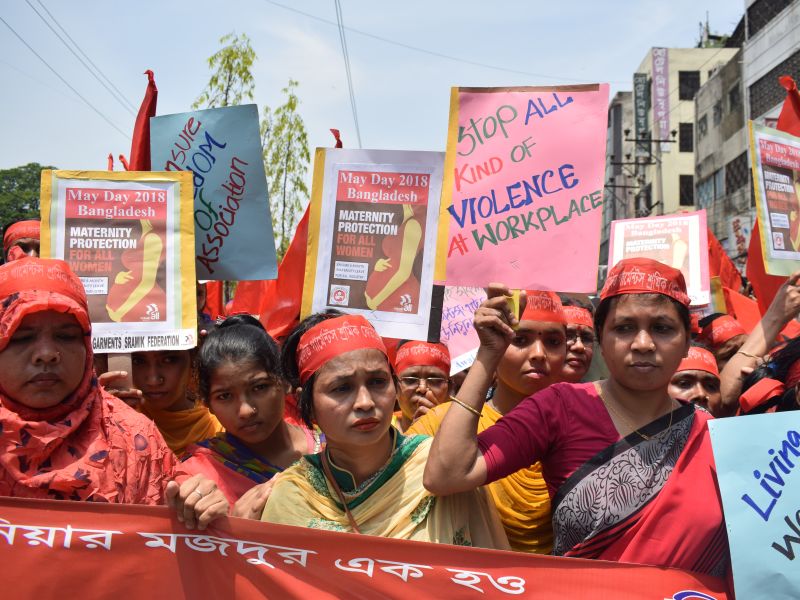Researching the politics of development
Blog

Covid-19 and domestic violence: Caring states?
ESID’s expert on the politics of domestic violence sets out vital ways that states can address domestic violence during the Covid-19 lockdown.

What is different from other crises the world has faced, such as natural disasters or global health crisis like SARS, is that this time different groups and actors are talking vocally and publicly about domestic violence and acknowledging that it must be addressed. But two pressing question need answering. First, does the rhetoric match the reality of what states and other organisations are doing? And, second, might this crisis provide an opportunity to rethink the importance of the domestic sphere and its link to what is done in the public space (policies and how these are implemented)?
Media reports within the UK reveal that even in rich countries there is inadequate funding for charities that work with survivors and for the provision of shelters to women who want to escape. This is not an exception. In many developed countries, addressing domestic violence came as an afterthought. Only after lockdown were policies announced and only once the alarm was raised by local rights-based groups and international agencies. Perhaps this shows that the ‘domestic’ in humanitarian, emergency response and in governance strategies remains on the backburner.
The picture is even more dire in developing countries – where the risk of domestic violence has increased, but where states are struggling to ensure food supply, testing and care for Covid-19 patients and to gain public compliance for lockdown measures. Comparative research into domestic violence by ESID in six countries – Bangladesh, India, Ghana, South Africa, Rwanda, Uganda – revealed that although each of these countries had passed legislation to outlaw domestic violence, they all have an inadequate number of shelters, limited numbers of one-stop crisis centres, limited funding for provision of legal aid and other services, and limited numbers of trained professionals at the frontline to deal with survivors of violence.
But in most of these countries, there were hotlines one could call for assistance, an active group of women’s rights organisations that were willing to provide help, including legal aid , and a committed if weakly capacitated women’s ministry to push the agenda forward. What can policymakers and states do to ensure that the issue of domestic violence is addressed during this time of crisis? How will states take into account the needs of this most vulnerable group, who are not safe at home?
Perhaps the starting point should be to focus on what these countries already have in place. But for that resources are needed.
- So, the first step would be to allocate resources so the current services can be kept running – in many cases, that would mean an increase in funding.
- Second, there is a need to extend the current shelter capacity by repurposing empty space and ensuring self-isolation/quarantine safety in these spaces.
- Third, in most of these countries, mobile technology is widely present. So a focus on strengthening the helplines may be an effective and low-cost way of reaching those experiencing domestic violence, including through the use of messaging services and applications that can be used in a more surreptitious manner to avoid detection.
- Fourth, raising awareness is key. Service providers, police and the judiciary need to fully recognise the link between Covid-19 lockdown and domestic violence. Public awareness campaigns are needed to spread the message about where women can go for help.
- Fifth, ensure support for grassroots women’s organisations who work at the community level and engage these organisations in long-term planning on how to tackle domestic violence as the lockdown continues, often for an indefinite period.
- Sixth, place women and their vulnerabilities at the centre when framing policies and long-term solutions around social and economic recovery.
ESID research shows that women’s organisations and policy coalitions have played a vital role in achieving the adoption of domestic violence laws. Now they have a key role during this time of crisis in raising awareness and keeping the pressure on the state to implement and expand services.
This pandemic has revealed many blind spots in the way that development scholars and practitioners think and operate; now is the time for rethinking the false and damaging divisions between the private and public spheres, for renegotiating the relationship between women and the state. It is the moment for states to become genuinely caring states.
Listen to a podcast with Sohela and Sam Hickey presenting the findings of their book on domestic violence policy.

